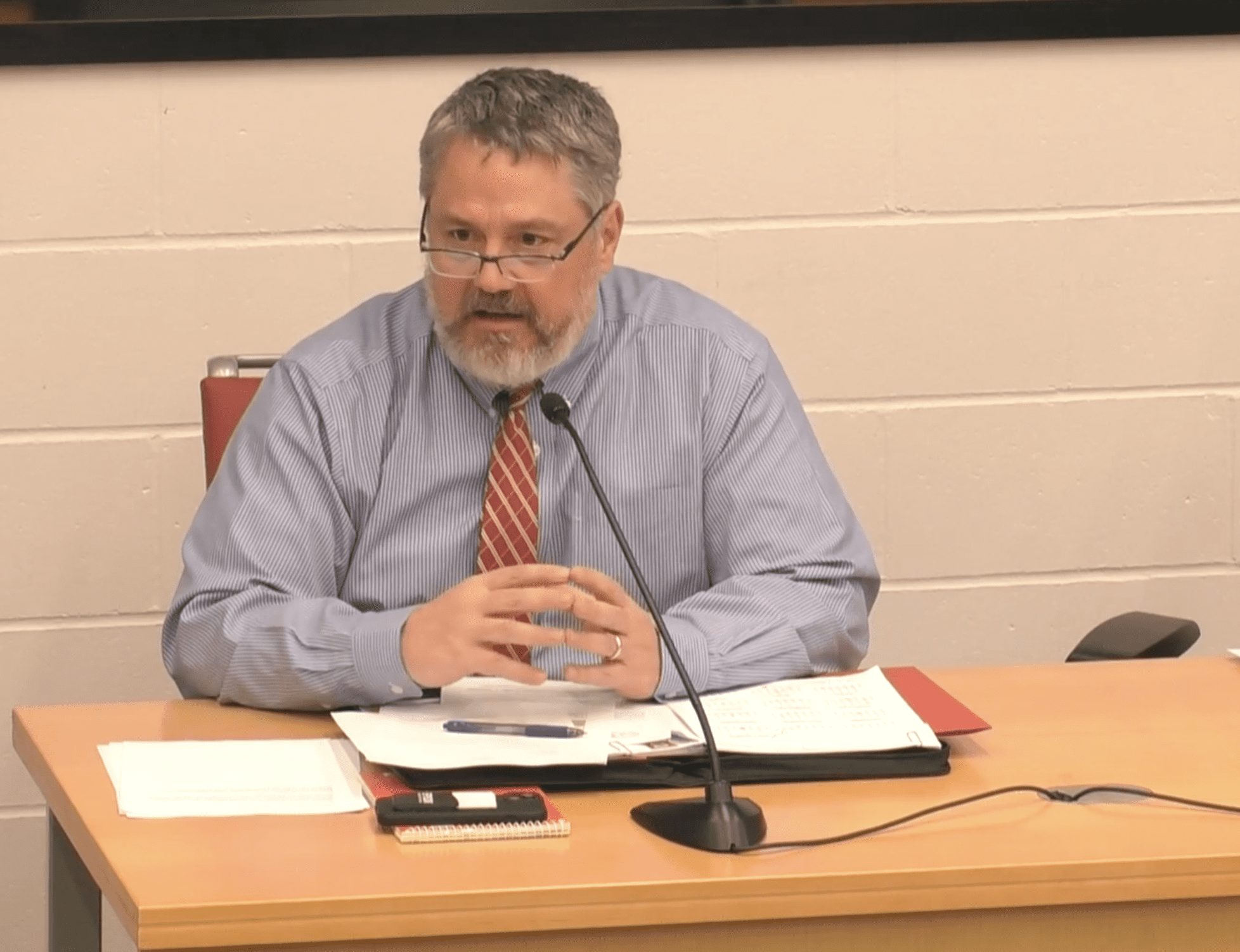SAUGUS — Acting Superintendent of Schools Michael Hashem said his chief priority remains moving the district forward, as he continues to acclimate to heading the district after serving as high school principal for eight years.
Hashem was appointed acting superintendent at a Feb. 2 School Committee meeting. At the time, Hashem had been serving as a math teacher after stepping down as high school principal ahead of the 2021-2022 school year.
The district declined a request to make Hashem available for an interview following his appointment, referring the request to the School Committee.
At the start of the committee’s March 2 meeting, Hashem laid out his vision and priorities as he heads the district for an unspecified period of time. Hashem’s focus remains on the students in all cases. He thanked the district staff for helping him get “[his] feet under [him].”
“Those of you who know me and have worked with me before, you know that I’m a collaborative leader and while I work collaboratively with others I understand that all the decisions are going to be on my shoulders and I don’t mind bearing the brunt of that,” he said.
Hashem repeatedly emphasized the importance of safety and security in the schools, adding that the district is working to expand its relationship with the police department. As a result the district has had several training sessions and drills, which Hashem said “paid off” with the response to a swatting incident last month.
He said that school officials are working with the town and the police department to identify any potential safety flaws in the district’s school buildings.
Another focus, Hashem said, is curriculum, instruction, and assessment.
“We’re staying true with our weekly data meetings and planning meetings, to make sure that we’re planning ahead so the instruction is solid for students to learn,” he said, adding that teachers are working with instructional coaches to develop curriculum and lesson plans. “We want our students to have the best, so we’re working to make sure that the resources we have are high quality.”
He specified that the district is staying curriculum-focused in an effort to keep students learning at their grade level to combat regression that has cropped up across the board as a result of the COVID-19 pandemic.
Hashem said administrators and School Committee members would continue to work with Town Manager Scott Crabtree’s office and other town officials to craft a budget for fiscal year 2024. The budget submitted by Crabtree allocates just $30.7 million to the school department, while the committee approved a request of $31.6 million.
“It goes back to a model we had a few years ago, ‘one town one team,’ ” he said. “We’re not going to do this alone. … we’re not going to move forward as a school department versus the town.”
He also emphasized the need to craft a sense of community and belonging at the schools for both students and teachers.
“These students need to come together and feel like they belong to something,” he said.
Hashem said he is trying to shift the district from a reactive way of governing to a proactive model.
“That solves a lot of the problems in advance,” he said. “You try to be proactive to try and solve problems before they come up.”
Committee member Dennis Gould asked Hashem and Deputy Superintendent Margo Ferrick to rate the district’s recovery from the pandemic. Both acknowledged that Saugus is still working to make up for some of the losses incurred as a result of remote learning and interrupted school.
Hashem said based on his experience as a teacher, students have struggled with adapting back to fully in-person instruction after such a long period of remote learning. He has noticed more anxiety in students and staff, and acknowledged that the learning environment that students left in 2020 is not the same one they returned to.
“It’s a different world, I don’t know when it’s all of a sudden going to be gone and forgotten,” Hashem said. “We have to go forward and we’re back in business [but] we’re dealing with some underlying conditions.”
Ferrick noted the district’s issues with absences, as a “huge number” of kids meet the threshold for chronic absenteeism, missing 10 percent or more of school days. She added that the district is pushing toward an integrated student support model, one that looks at “the whole child.”
“We are trying to add layers through tutoring … knowing we want to accelerate and not remediate,” she said, emphasizing the need to help students feel supported and safe.

